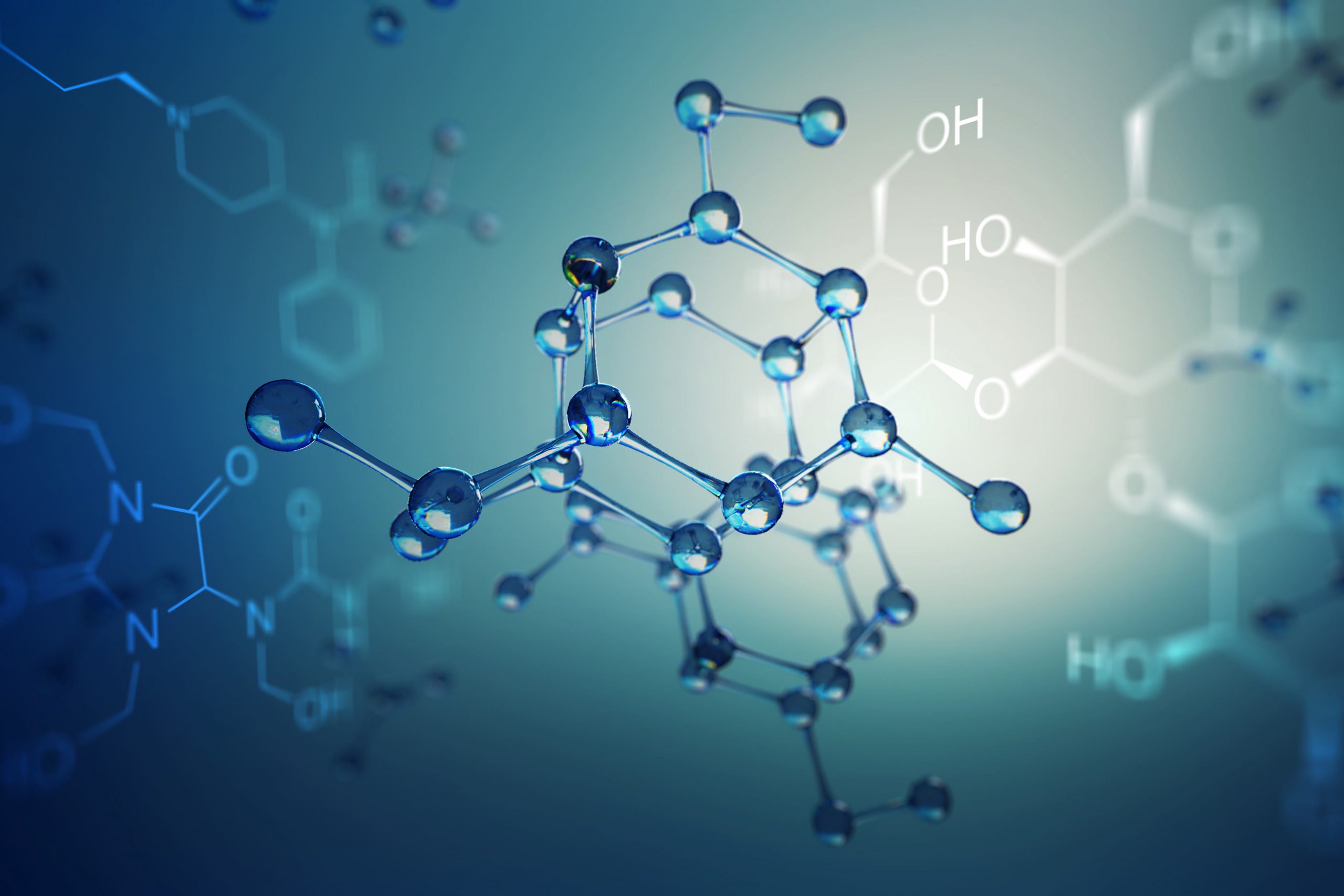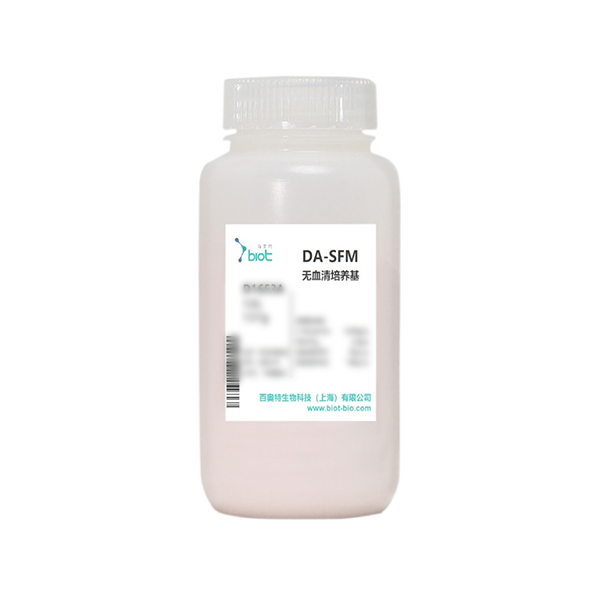
Chemical allergies can be a challenging and distressing condition for those affected. The adverse reactions triggered by exposure to certain chemicals can range from mild discomfort to severe health complications. In this blog post, we will delve into the world of chemical allergies, exploring the best strategies and solutions to alleviate symptoms and improve overall well-being. Whether you are personally affected or seeking information for a loved one, this comprehensive guide will provide valuable insights and practical advice.
- Understanding Chemical Allergies:
To effectively address chemical allergies, it is crucial to comprehend the underlying mechanisms and triggers. Chemical allergies occur when the immune system mistakenly identifies certain substances as harmful and launches an immune response. This hypersensitivity can manifest in various ways, such as skin rashes, respiratory issues, or digestive problems. Identifying the specific chemicals responsible for the allergic reactions is the first step towards finding the best solutions. - Minimizing Exposure:
Prevention is key when it comes to managing chemical allergies. Minimizing exposure to allergenic chemicals can significantly reduce symptoms and improve quality of life. This can be achieved through various measures, such as:
- Reading product labels: Carefully examining ingredient lists and avoiding products containing known allergens.
- Using natural alternatives: Opting for chemical-free or organic products whenever possible.
- Ventilation and air purification: Ensuring proper ventilation and utilizing air purifiers to minimize indoor chemical exposure.
- Personal protective equipment: Wearing gloves, masks, or other protective gear when handling potentially allergenic substances.
- Allergen Testing and Identification:
Accurate identification of specific allergens is crucial for effective management. Consulting with a healthcare professional or allergist can help determine the exact chemicals causing allergic reactions. Allergen testing, such as patch testing or blood tests, can provide valuable insights and guide treatment options. Armed with this knowledge, individuals can take targeted measures to avoid or minimize exposure to specific allergens. - Treatment Options:
Managing chemical allergies often involves a multi-faceted approach. Here are some effective treatment options:
- Medications: Antihistamines, corticosteroids, and other prescribed medications can help alleviate symptoms during allergic episodes.
- Immunotherapy: Allergen immunotherapy, commonly known as allergy shots, can desensitize the immune system and reduce allergic reactions over time.
- Natural remedies: Some individuals find relief through natural remedies, such as herbal supplements, acupuncture, or homeopathic treatments. However, it is essential to consult with a healthcare professional before trying any alternative therapies.
- Lifestyle Adjustments:
In addition to medical interventions, making certain lifestyle adjustments can significantly improve the management of chemical allergies. These may include:
- Creating a hypoallergenic home environment: Removing potential allergens, using fragrance-free products, and maintaining cleanliness.
- Dietary modifications: Some chemicals can trigger allergic reactions through food. Identifying and avoiding these triggers can be beneficial.
- Stress management: Stress can exacerbate allergic reactions. Incorporating stress-reducing techniques, such as meditation or exercise, can help alleviate symptoms.
Conclusion:
Living with chemical allergies can be challenging, but with the right knowledge and strategies, it is possible to lead a fulfilling life. By understanding the triggers, minimizing exposure, identifying allergens, exploring treatment options, and making lifestyle adjustments, individuals can effectively manage chemical allergies and improve their overall well-being. Remember, seeking professional advice and support is crucial throughout this journey. Embrace the best solutions available and regain control over your health and happiness.


